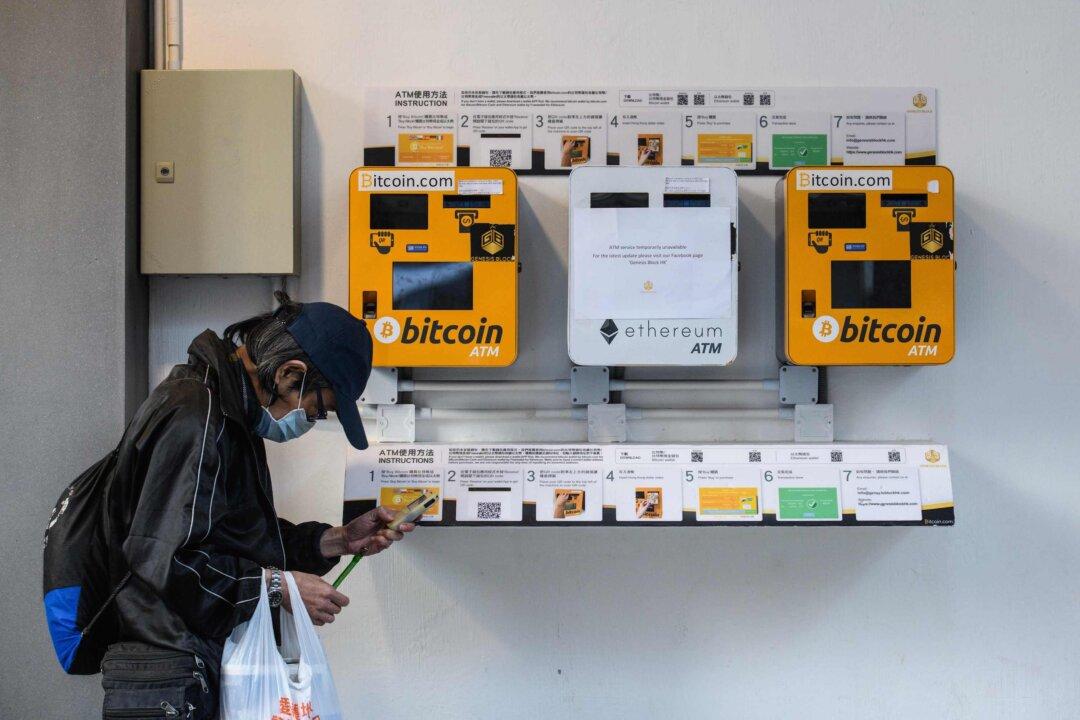Commentary
In China, bitcoin is all but dead; in countries decimated by war and poverty, however, the king of crypto is well and truly alive.

In China, bitcoin is all but dead; in countries decimated by war and poverty, however, the king of crypto is well and truly alive.